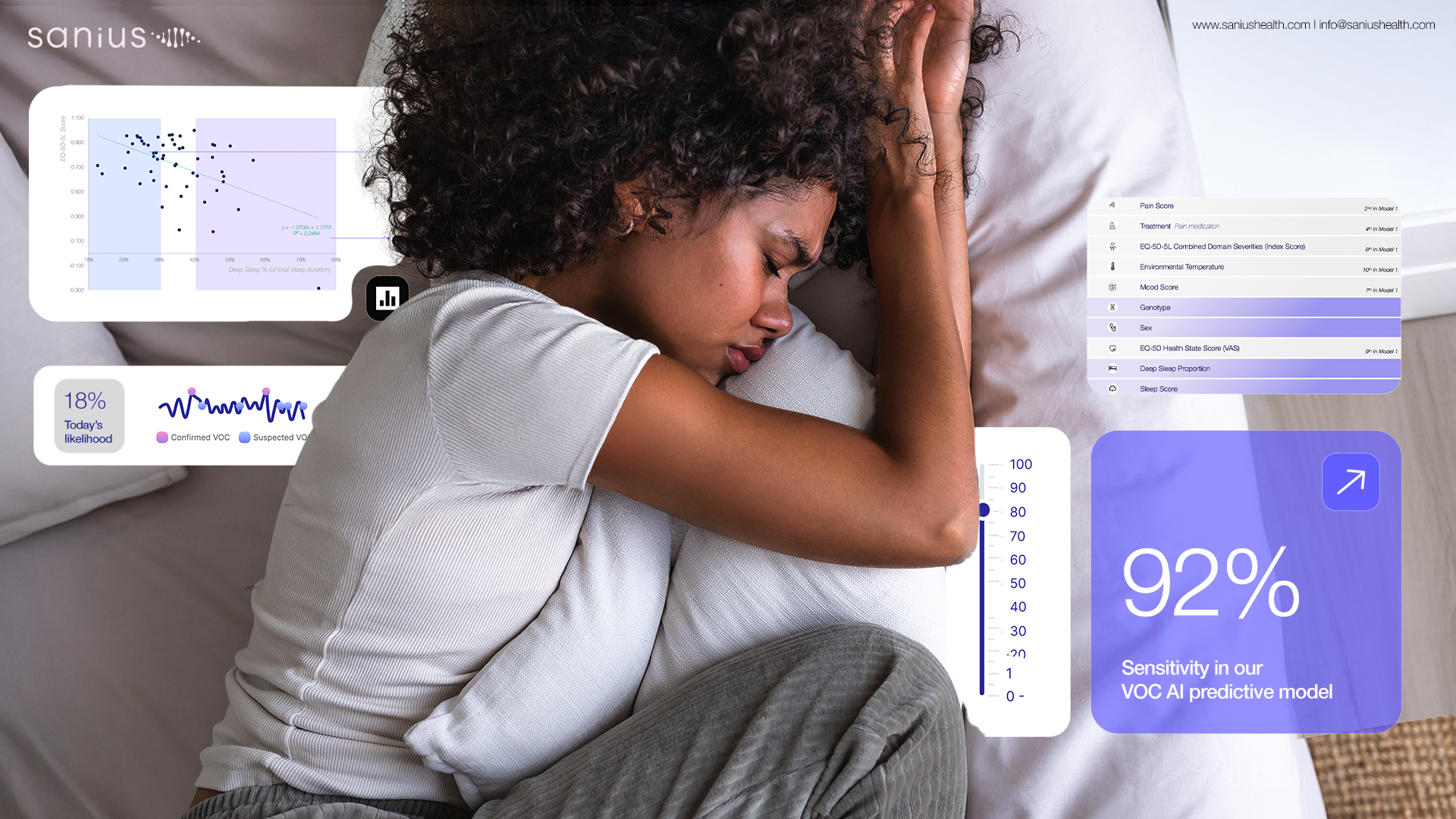
The pharmaceutical drug diversion and counterfeiting industry generates almost €400 billion annually, lining the pockets of criminals and putting millions of patients at risk.
Meanwhile, the pharmaceutical industry faces quality control issues, price erosion, brand dilution and consumer loyalty issues.
We speak to Sreedhar Patnala, general manager at digital traceability and serialisation provider Systech, to learn more about the growing problem and how Systech is addressing it with its innovative solutions.
“Counterfeiting is a growing issue and has evolved into a whole industry in itself,” Patnala tells Health Tech World
“In just the last 8–9 months, Europe alone uncovered nearly $11 million worth of counterfeit goods.”
Pharmaceutical counterfeiting has evolved from small-scale operation to a sophisticated, black market industry.
Thanks to the rise of e-commerce, it’s now easier than ever to counterfeit and distribute counterfeit medicines and medical devices online, Patnala says.
Product diversion is a major problem too. Patnala explains how it works.
“Let’s say a manufacturer intends to send products to Country A—perhaps a lower-income market—with reduced pricing,” he says.
“If those products are diverted and resold in Country B, where prices are higher, the brand loses revenue.
“It’s also dangerous because these diverted drugs can end up in the wrong hands, bypassing proper sales channels and prescription controls.”
Counterfeiters usually target high-margin, in-demand products such as weight loss drugs.
High-end medical devices that can be faked are also at risk, Patnala says.
Meanwhile, drug shortages and counterfeiting go-hand-in-hand, too, Patnala adds.
If patients can’t access legitimate drugs, organised counterfeiting groups will step in to counterfeit or divert supplies.
This complicates things for manufacturers, too.
Without effective track and trace, manufacturers don’t know how many of their products are being used and where, making it harder to plan production.
The whole supply chain is affected, Patnala says.
“That’s why we talk about creating safe, connected supply chains.
“The industry has several approaches to combat counterfeiting—serialisation and traditional track-and-trace systems, for instance.
“These create a unique product identity and allow tracking through the supply chain.
“But that’s just the first layer.
“Like cybersecurity, counterfeiters are evolving and becoming more sophisticated.
“So the defence needs to evolve too—with advanced technologies, both additive (like RFID or NFC) and non-additive.
“There’s no one-size-fits-all solution; it’s about layering protection to stay ahead.”
Systech has been delivering pharmaceutical track and trace solutions for more than four decades.
The company has also recently launched UniSecure artAI, a revolutionary AI-powered authentication system intended to protect patients, guarantee packaging quality, and defend brands.
Patnala says: “artAI learns the visual features of your product’s packaging from a PDF and can start protecting products already in the supply chain.
“Manufacturers upload the design and can quickly start authenticating products via mobile scanning.
“It’s fast, scalable, and doesn’t require pre-embedding anything into packaging.”
Cybersecurity is a ‘constant battle,’ Patnala says. As soon as a solution hits the market, bad actors find a way around it.
Systech’s forensic platform analyses patterns, detects emerging threats, and helps companies refine their defences over time.
Patnala says: “Even if you’re not facing an issue today, our solution can help you predict and prepare for tomorrow.
“It allows our clients to build proactive, continuous improvement programmes—constantly adapting to the counterfeiting landscape.
“A tool is just one part of the puzzle—real protection comes from having a comprehensive, well-structured programme in place.
“In 2025, we’ll be working closely with customers to make sure they can scale their programmes and that we continue improving to meet their evolving needs.”









